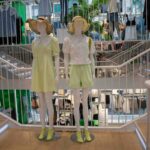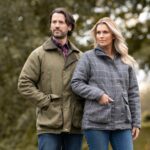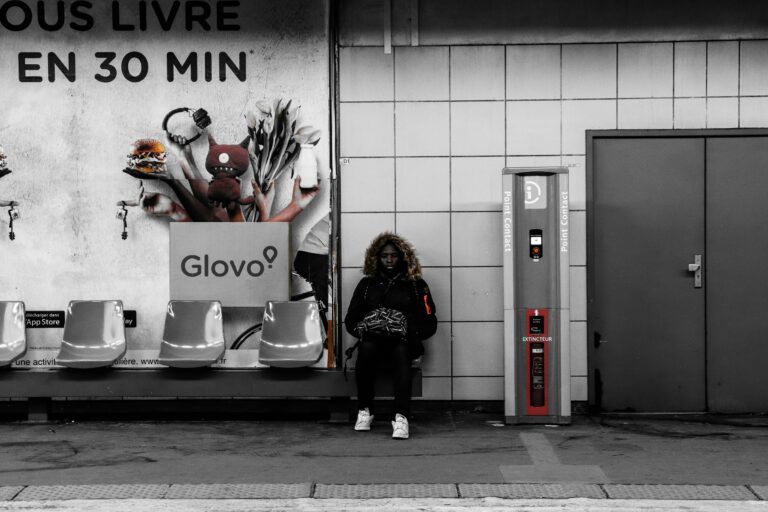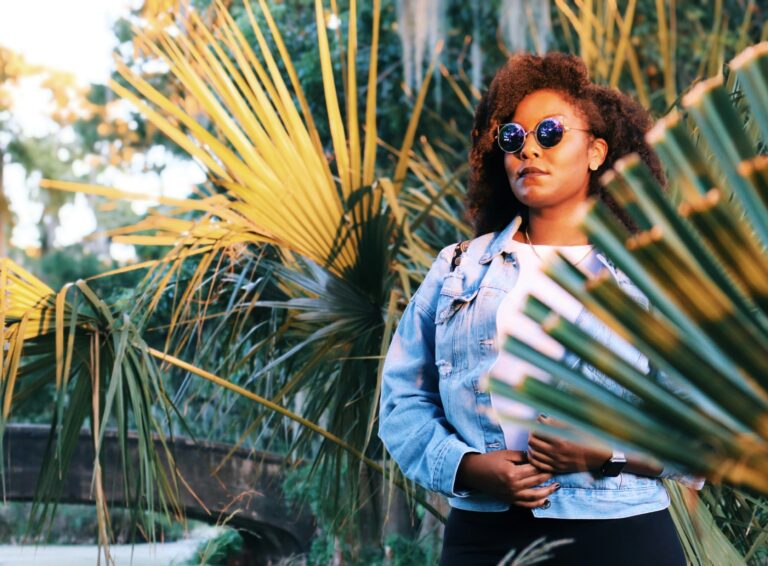Explore the top recycled clothing brands redefining sustainability in fashion. Discover eco-friendly labels, fashion trends, and FAQs about recycled fashion in 2025.
The Best Recycled Clothing Brands to Know in 2025
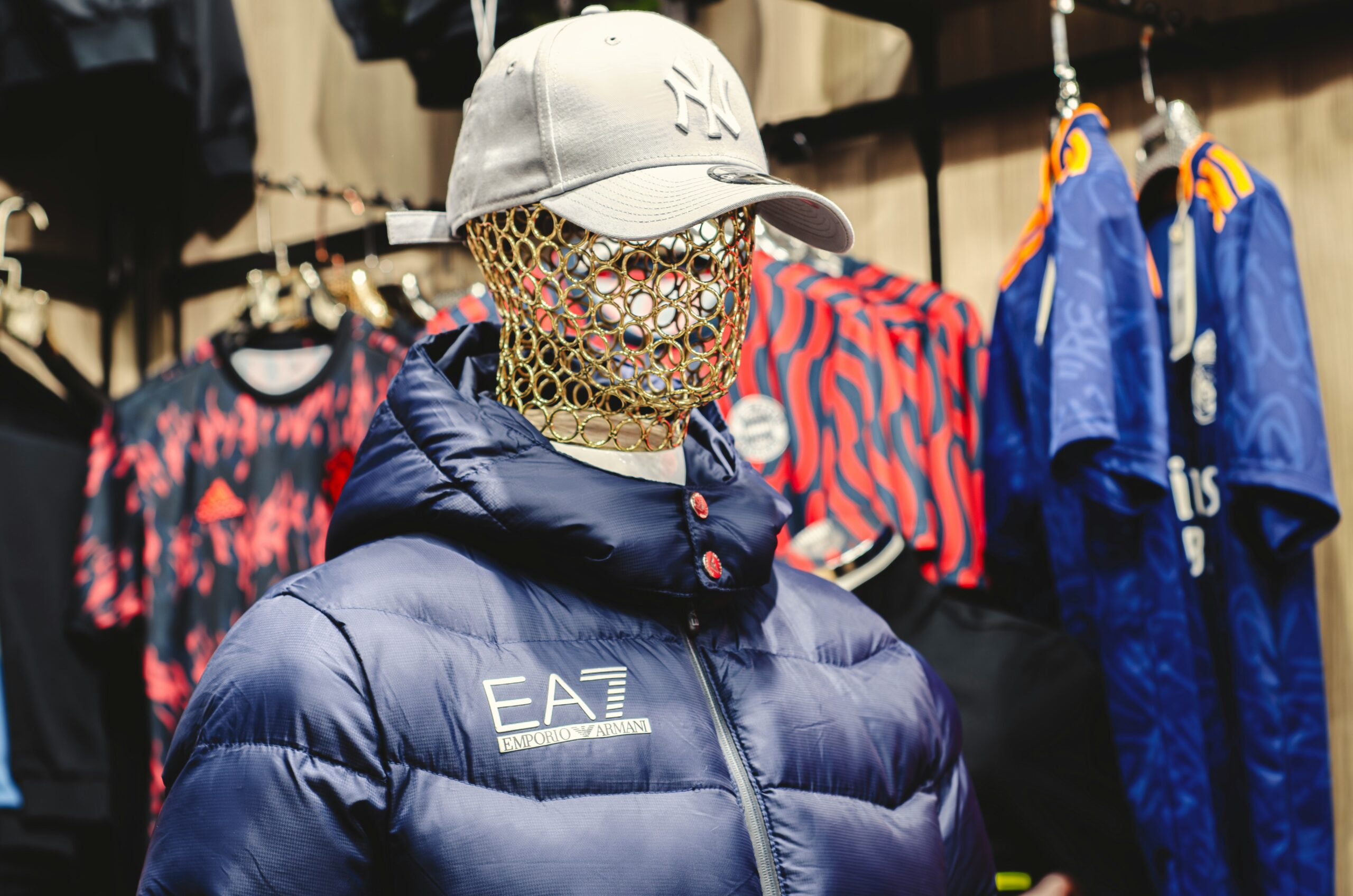
As the fashion industry continues to face scrutiny over its environmental impact, consumers are turning toward sustainable alternatives—especially recycled clothing brands. These innovative companies are redefining how clothes are made, reducing waste, and proving that fashion can be both stylish and sustainable. In this guide, we’ll explore the best recycled clothing brands in 2025, break down sustainable fashion trends, and answer the most frequently asked questions about eco-conscious shopping.
Contents
- 1 What is Recycled Fashion?
- 2 Why Recycled Clothing Brands Matter in 2025
- 3 Top Recycled Clothing Brands to Watch in 2025
- 4 2025 Sustainable Fashion Trends to Watch
- 5 How to Tell if a Brand Uses Recycled Materials
- 6 FAQs: Recycled Fashion in 2025
- 6.1 1. What qualifies a clothing brand as recycled?
- 6.2 2. Is recycled fashion actually sustainable?
- 6.3 3. Are recycled materials less durable?
- 6.4 4. What certifications should I look for?
- 6.5 5. How can I recycle my own clothes?
- 6.6 6. What is rPET?
- 6.7 7. Is recycled fashion expensive?
- 6.8 8. Can luxury fashion be recycled?
- 6.9 9. How does recycled denim work?
- 6.10 10. Is upcycling the same as recycling?
- 6.11 11. Which brands recycle ocean waste?
- 6.12 12. Can I find recycled fashion locally?
- 6.13 13. Do fast fashion brands use recycled materials?
- 6.14 14. Are recycled clothes biodegradable?
- 6.15 15. How can I start a recycled wardrobe?
- 6.16 16. Do recycled clothes feel different?
- 6.17 17. What’s the impact of buying recycled clothes?
- 6.18 18. Are there recycled fashion subscription services?
- 6.19 19. What’s the role of blockchain in recycled fashion?
- 6.20 20. How often do recycled collections launch?
- 7 Conclusion
What is Recycled Fashion?
Recycled fashion refers to garments made using materials that were previously used and discarded, such as plastic bottles, textile scraps, or even old clothes. Rather than contributing to landfill waste, these materials are transformed into wearable clothing with a significantly lower environmental footprint.
Key materials used in recycled fashion:
- Recycled polyester (rPET)
- Regenerated nylon (Econyl)
- Upcycled cotton and wool
- Recycled denim
Why Recycled Clothing Brands Matter in 2025
In 2025, sustainability is not a trend—it’s a requirement. Recycled clothing brands are leading the charge in reducing the 92 million tons of textile waste generated yearly. They are also helping combat the carbon emissions, water overuse, and microplastic pollution associated with fast fashion.
Benefits of Choosing Recycled Fashion:
- Diverts waste from landfills
- Requires less water and energy
- Reduces carbon emissions
- Encourages circular fashion economy
Top Recycled Clothing Brands to Watch in 2025
1. For Days
What makes them different: Offers a take-back bag to recycle old clothes. Uses 100% recyclable materials.
2. Girlfriend Collective
Key focus: Activewear made from recycled plastic bottles and fishing nets. Transparency-first approach.
3. Patagonia
Why it stands out: Pioneer in sustainable outerwear. Uses recycled wool, down, polyester, and cotton.
4. Pangaia
Sustainability DNA: Innovative bio-based materials. Recycled cotton blends and seaweed fibers.
5. Outerknown
Founder: Pro surfer Kelly Slater. Ethically produces garments using recycled and regenerated fibers.
6. Nudie Jeans
Recycling strategy: Offers free repairs and recycles worn-out jeans into new denim.
7. Ecoalf
Tech-forward: Spanish brand known for turning ocean plastic and old tires into fashion staples.
8. Levi’s WellThread
Eco-Innovation: Denim line that incorporates recycled cotton and waterless dyeing technology.
9. Tentree
Impact model: Plants 10 trees per item sold. Many pieces made with recycled polyester.
10. Tonlé
Zero-waste mission: Creates garments using factory scraps and deadstock fabrics.
2025 Sustainable Fashion Trends to Watch
1. Recycled Activewear Dominance
Consumers seek high-performance apparel that doesn’t compromise the planet.
2. Circular Fashion Ecosystems
Brands introduce take-back, resale, and upcycling programs.
3. Material Transparency Labels
QR codes and NFC tags provide details on recycled fiber origins.
4. Upcycled Couture
Luxury houses debut collections crafted from upcycled vintage garments.
5. Color Stories with Low-Impact Dyes
Brands adopt eco-dyes and showcase soft earth-tone palettes.
How to Tell if a Brand Uses Recycled Materials
- Look for certifications like Global Recycled Standard (GRS) or Recycled Claim Standard (RCS)
- Check material labels (e.g., “Made with 100% recycled polyester”)
- Explore the brand’s sustainability section for transparency
FAQs: Recycled Fashion in 2025
1. What qualifies a clothing brand as recycled?
A brand qualifies if it uses materials derived from previously used items—such as recycled polyester, cotton, or post-consumer waste—to manufacture its garments.
2. Is recycled fashion actually sustainable?
Yes, when properly managed. Recycled fashion reduces textile waste, water usage, and carbon emissions compared to virgin material production.
3. Are recycled materials less durable?
Not necessarily. Brands like Patagonia and Girlfriend Collective ensure durability by using industrial-grade recycling methods and rigorous testing.
4. What certifications should I look for?
Look for GRS, RCS, bluesign®, or OEKO-TEX for verified recycled or low-impact materials.
5. How can I recycle my own clothes?
Brands like For Days, Levi’s, and The North Face offer take-back programs. Local charities or textile recycling bins are also good options.
6. What is rPET?
Recycled polyethylene terephthalate—a material made from recycled plastic bottles used in fashion.
7. Is recycled fashion expensive?
Some brands are premium-priced, but many (like Tentree and Ecoalf) offer affordable eco-friendly alternatives.
8. Can luxury fashion be recycled?
Yes, luxury brands are increasingly launching upcycled capsule collections and experimenting with circular production.
9. How does recycled denim work?
Old jeans are shredded into fibers and rewoven with new cotton to create durable, new denim.
10. Is upcycling the same as recycling?
No. Upcycling means creatively reusing existing items without breaking them down, while recycling transforms materials into a new raw state.
11. Which brands recycle ocean waste?
Ecoalf, Girlfriend Collective, and Adidas Parley are known for converting marine plastic into clothing.
12. Can I find recycled fashion locally?
Many local thrift and eco-fashion stores carry recycled or upcycled clothing. Some brands also offer store locators.
13. Do fast fashion brands use recycled materials?
Some do, but often in small quantities and without full transparency. Always check third-party certifications.
14. Are recycled clothes biodegradable?
Not always. If they include synthetic fibers, they may not biodegrade unless blended with compostable materials.
15. How can I start a recycled wardrobe?
Start with versatile basics—t-shirts, leggings, denim—from brands that prioritize recycled content.
16. Do recycled clothes feel different?
Not significantly. Modern tech allows recycled fabrics to mimic the softness and breathability of virgin fibers.
17. What’s the impact of buying recycled clothes?
You can help reduce carbon emissions, save water, and prevent textile and plastic waste from ending up in landfills.
18. Are there recycled fashion subscription services?
Yes. Services like Nuuly or Rent the Runway increasingly feature brands that use recycled materials.
19. What’s the role of blockchain in recycled fashion?
Some brands use blockchain to track and verify the lifecycle of recycled materials, ensuring traceability.
20. How often do recycled collections launch?
More frequently than ever. Many brands release recycled capsule collections seasonally, often aligned with sustainability initiatives.
Conclusion
Recycled clothing isn’t just a passing trend—it’s the future of responsible fashion. In 2025, the best recycled clothing brands are embracing circularity, innovation, and transparency to meet the demands of conscious consumers. Whether you’re building a sustainable wardrobe or simply curious, knowing your fashion footprint is the first step.
Ready to wear the change? Choose recycled.
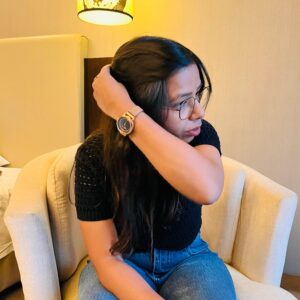
Shikha Singh
Keep in touch with our news & offers
Subscribe to Our Newsletter
Thank you for subscribing to the newsletter.
Oops. Something went wrong. Please try again later.
